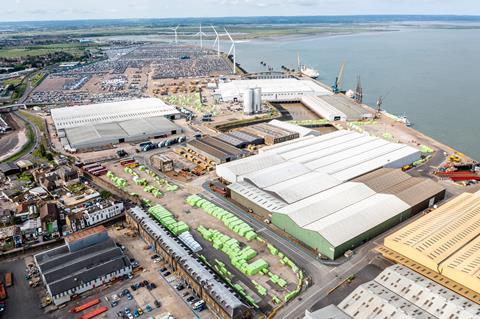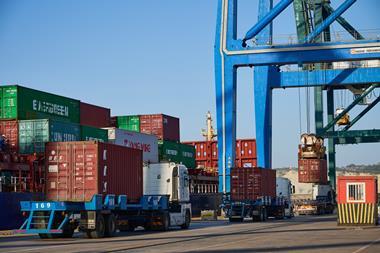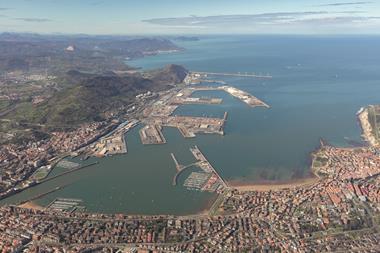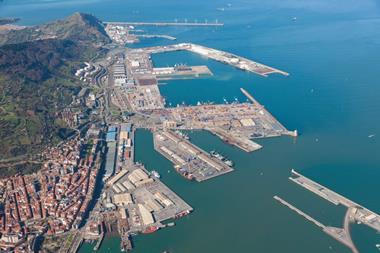The current economic pressures are being felt by many, and none more so than for those in the construction industry, with rising inflation, shortage and cost of materials and an increasingly stagnant residential market. Yet improving sustainability and reducing carbon emissions remains a key objective for the sector.

Ports have a fundamental role to play in collaborating with logistics in delivering sustainable and scalable solutions in support of the construction sector.
The opportunity is for this important industry to work more closely and strategically. Those in the construction supply chain should consider Ports and Logistics as much more than simply facilitating the delivery of materials.
As an example, the proximity of Ports to major national or regional infrastructure projects hold an obvious advantage, but there is potential in looking at collaboration beyond transport. Ports can provide sections of their estates and transform these into ‘virtual quarries’; fully operational terminals and manufacturing facilities which act as a point of consolidation, therefore eliminating the need to transport materials between multiple sites by road, enhancing efficiency and reducing the overall impact on the environment.
We have recently seen some of this collaboration take place at our Southern UK Ports, where aggregates and other building materials are stored and also processed for a range of nearby construction projects. This has reduced the overall carbon footprint as it lessens both the lorry journeys needed and road congestion associated with construction sites.
Sponsored Content by Peel Ports Group
Peel Ports - Liverpool are hosting Coastlink 2023 on 3 & 4 May. The event is taking place at the Royal Liver Building in the maritime City of Liverpool. To book your place at this year’s event visit the Coastlink website.









